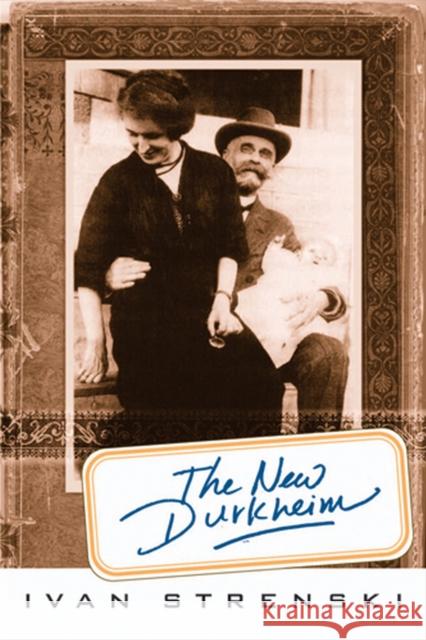The New Durkheim » książka
topmenu
The New Durkheim
ISBN-13: 9780813538945 / Angielski / Miękka / 2006 / 352 str.
The French sociologist Emile Durkheim (1858-1917) is considered to be a founding father of several academic disciplines: sociology, anthropology, and religious studies. His books, The Elementary Forms of the Religious Life, Suicide, The Rules of Sociological Method, and The Division of Labor in Society are still required reading for any serious student in these fields.
Religion as the objectification of social ties, ritual as a source of "collective effervescence," anomie as a force shaping modern suicide--all these are ideas derived from Durkheim. While commonly recognized for these fundamental concepts, however, Durkheim is becoming increasingly known for far more. In recent years, social theorists have begun looking at his work in new ways, situating him in the social, intellectual, and cultural context of his time. Ivan Strenski, a leading figure in this reexamination, brings together a collection of his own essays to demonstrate the fruitful ways that Durkheimian perspectives can be applied to contemporary issues. Chapters focus on a wide range of topics, including sacrifice, religion, animal rights, and terrorism. Strenski concludes by linking the revitalization of Durkheimian social theory with an exciting new approach to teaching his texts and ideas. This book will be essential reading for scholars in religious studies, anthropology, and sociology.










